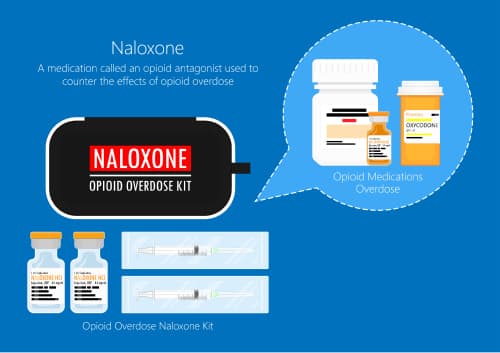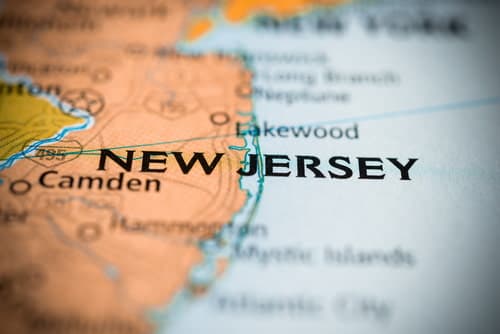New Jersey Addiction and Treatment
Over the course of the past decade, New Jersey spent at least $11.6 billion on the war against drugs.1 The cost of addiction is far too high, not just in dollars but in the toll it takes on individuals, families, and communities. If you or someone you love is struggling with addiction, there is hope. This guide will help you learn about addiction treatment facilities in New Jersey, what factors to consider when choosing a rehab center, how to pay for rehab, and more.
Are You Struggling With Addiction?
Take our confidential substance use self-assessment quiz and take the first step toward recovery.
Emergency Services

In addition to rehab centers, there are numerous organizations that are involved in the drug recovery process.
While a NJ addiction treatment center can provide a full continuum of care (from detox through primary addiction treatment to aftercare services), there are other avenues for accessing critical assistance.
These organizations include New Jersey state or local agencies, nonprofits operating in New Jersey, and community-based services.
Many states, including New Jersey, have made an effort to make Narcan (naloxone) readily available to help curb the growing prevalence of opioid overdoses across the US. Learn more about how you can get this opioid overdose reversal medication and how to use it to help save a life.
We recommend that everyone take the time to learn about how to find and use naloxone. If you, a family member, or someone you live with takes opioids as a prescription or misuses them, please consider obtaining some form of naloxone to keep with you in case of emergency.
Community Resources & Rehab Programs in NJ
The following is a short selection of addiction treatment-related resources available in New Jersey:
- New Jersey Department of Human Services, Division of Mental Health and Addiction Services: This resource provides contact information for different hotlines, hosts a searchable directory of in-state addiction treatment programs, and publishes information on how to find relevant help.
- Catholic Charities, Diocese of Metuchen: This nonprofit provides counseling, referral services, and support for basic survival needs.
- A Change for Nick: This nonprofit is dedicated to helping individuals and families affected by heroin use. Services include providing a sponsor to a person seeking recovery, a scholarship fund for recovering people who want to go to college or a trade school, and community education on the devastating impact of heroin.
- Mental Health Association in New Jersey, Inc.: This organization runs at least three self-help centers where individuals can go and get help with planning their drug recovery process.
- Family Based Services Association of New Jersey: This group provides support for families affected by a range of hardships, including substance use. For example, this organization can help a parent who needs guidance and support on what to do in the face of a child’s drug use.
- NAMI New Jersey: This is a nonprofit organization with a mission to help individuals and families who are affected by mental health disorders.
- National Suicide Prevention Lifeline: Dial 800-273-8255 (800-273-TALK)
- Veterans Crisis Line: Dial 800-273-8255, option 1
- 24/7 Crisis Text Line: Text NJ to 741741
For those in need of substance use programs in New Jersey, there are resources available, and recovery is always possible.2
Local FAQs & Stats

Help for Substance Misuse
Glossary & Abbreviations
Find information about addiction terminology and refer to our Guide to Abbreviations for specifics related to drugs, mental health, and more extensive addiction treatment abbreviations.
Common Questions about Rehab
We offer many FAQs to help answer your questions about a variety of topics: general, addiction & abuse, interventions, mental health, detox, treatment, and therapy. If you have a specific question, feel free to call anytime 24/7 at .
Paying for Addiction Rehab
One of the first questions people often ask when considering rehab is, "what will it cost?" Starting recovery does not have to be expensive; in many cases, medical insurance will cover all or a portion of the costs. Learn more about options for paying for rehab.
What about Medicaid or Medicare?
Please refer to our NJ State Medicare & Medicaid guide.
Local Events & Education

New England & Mid-Atlantic Addiction Guide

American Addiction Centers (AAC) is committed to delivering original, truthful, accurate, unbiased, and medically current information. We strive to create content that is clear, concise, and easy to understand.
While we are unable to respond to your feedback directly, we'll use this information to improve our online help.
